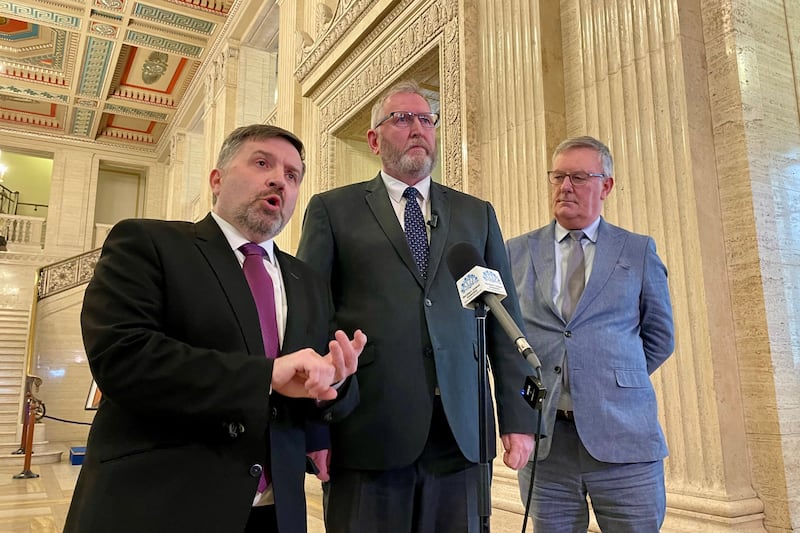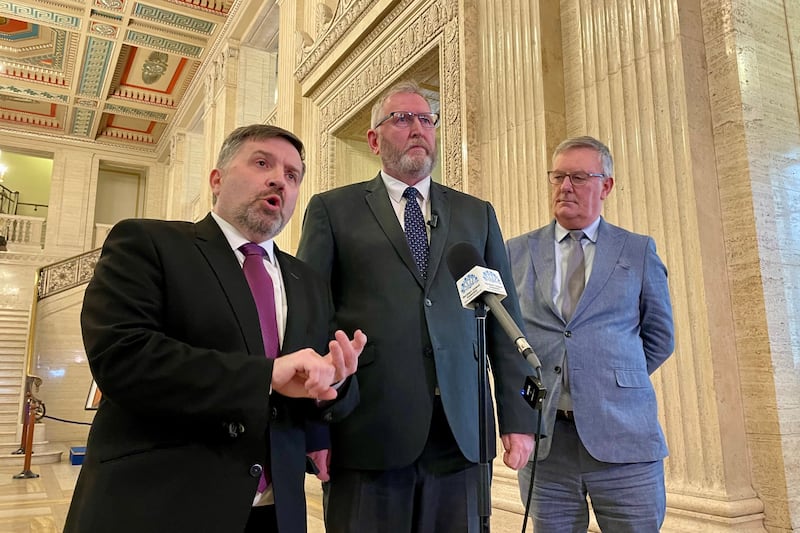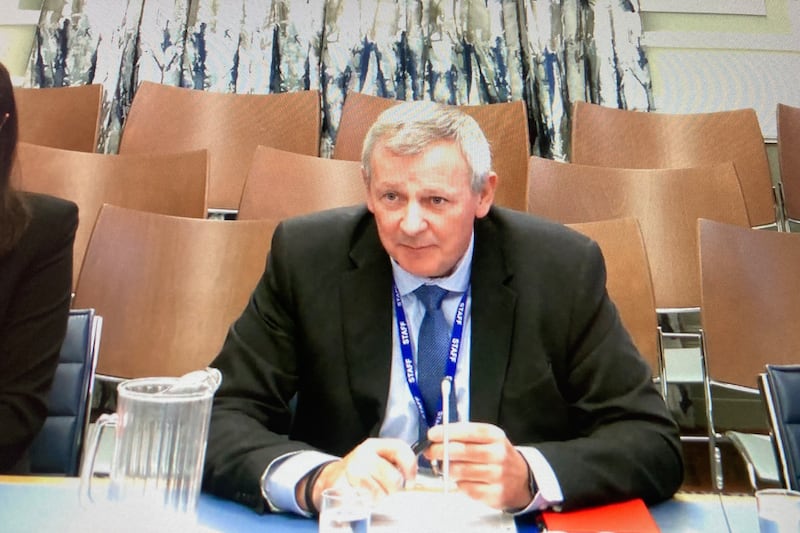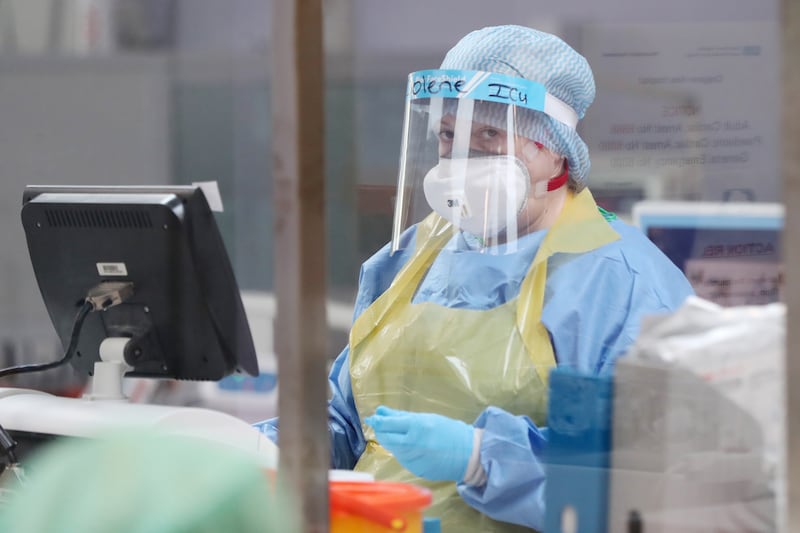While fingers can be pointed in many directions over the responsibility for the dire state of our devolved structures, we are probably at a stage where the priority needs to be accepting that we have a permanently dysfunctional administration and concentrating on the search for its replacement.
The dispute over the related and appalling murders of Gerard Davison and Kevin McGuigan may finally taken us beyond the point of no return but the reality that the public lost confidence in the Stormont executive quite some time ago.
Many observers may wonder why it was the McGuigan case, rather than the equally shocking death of Paul Quinn eight years ago, which provided the catalyst for the collapse, but it makes little difference now.
A sharp decline in the relationship between the two main parties, the DUP and Sinn Fein, a lack of meaningful legislation on almost every front, concerns over the system of expenses and allowances and an increasingly dark shadow from the NAMA scandal all played their part along the way.
When Mike Nesbitt saw an opportunity to do to Peter Robinson precisely what the DUP had done to the Ulster Unionists during David Trimble's leadership, he effectively brought the present arrangements to an end.
Mr Nesbitt has not satisfactorily explained why barely a year ago he was happy to join forces over the parades issue with the Progressive Unionist Party, which is openly linked to with the illegal UVF, but could not tolerate any further dealings with Sinn Fein, which denies the very existence of the IRA.
However, Stormont was already on a life support machine and, even before the cynical but deftly executed Ulster Unionist intervention, had little realistic chance of staging a recovery in its present discredited form.
The DUP, smarting over the way it was outmanoeuvred by a rival it had repeatedly treated with contempt, insisted yesterday that it would proceed with an attempt to remove Sinn Fein from the executive, but knows that it is engaged in a futile exercise.
Sinn Fein and the SDLP will combine to veto any such motion in the Assembly, and it is widely expected that either a DUP withdrawal or another device which forces a suspension will follow swiftly.
Protocol suggests that an early election should be the next step, but everyone knows that it would result in the same two parties dominating the proceedings without any realistic prospect that they can find ways of working together in the short term.
Although a period of direct rule would not be without its risks, it would at least provide a breathing space, allow some fresh thinking and potentially some new faces to emerge and enable decisions to be taken over previously intractable problems like welfare reform.
The Assembly elections scheduled for May could go ahead in those circumstances, before an intense round of negotiations which would tell us if devolution can be rescued with the existing generation of politicians.
None of these options are particularly palatable, but we cannot go on stumbling from one crisis to another. The Northern Ireland executive, as reconstituted in 2007, is no longer sustainable and a new model has to be established.






